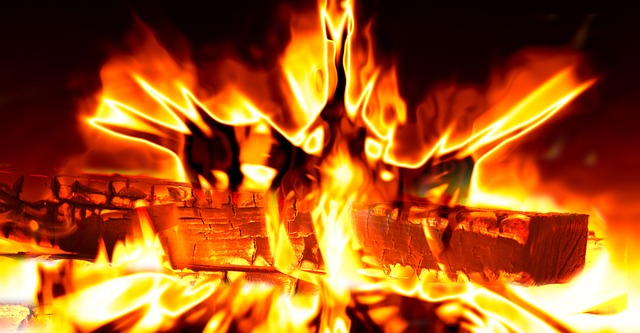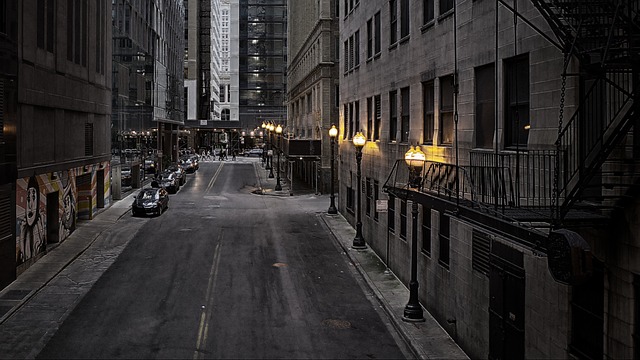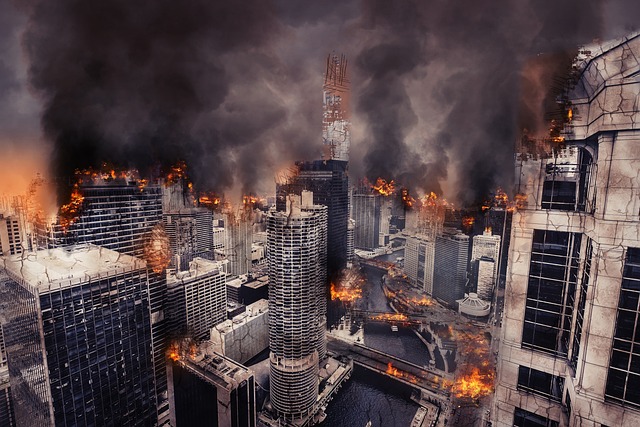Selling a fire-damaged house in Chicago requires understanding fire damage assessment and repair costs. Professional inspectors meticulously evaluate visible and hidden damage, leading to accurate estimates by restoration specialists. Key factors influencing repair expenses include fire severity, secondary damage prevention, location, structural integrity, climate, and market dynamics. Homeowners should engage experienced professionals for fair market value when selling fire-damaged properties in Chicago's competitive real estate scene.
- Understanding Fire Damage Assessment in Chicago Real Estate Market
- The Process of Generating Accurate Fire Damage Repair Estimates
- Key Factors Affecting Fire Damage Restoration Costs in Chicago Homes
- Navigating Insurance Claims for Fire Damage Reparations in Chicago
- Tips for Selling a Fire-Damaged Property in Chicago: Preparing Your Home for the Market
Understanding Fire Damage Assessment in Chicago Real Estate Market
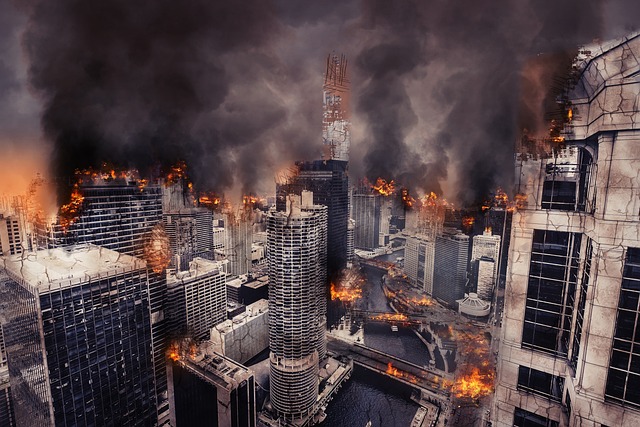
In the Chicago real estate market, understanding fire damage assessment is paramount for both property owners and prospective buyers. After a fire, a thorough inspection is crucial to determine the extent of the damage. This process involves a meticulous evaluation of every aspect of the property, from structural integrity to the condition of fixtures and finishes. Chicago’s diverse housing market, characterized by various architectural styles and ages, necessitates a nuanced approach to fire damage repair estimates.
When considering sell fire damage house Chicago, it’s essential to know that insurance adjusters and professional appraisers employ standardized guidelines to assess the value of repairs required. These estimates can significantly impact the property’s resale value, making accurate assessments vital. Property owners should be proactive in documenting the damage and working with reputable contractors who specialize in fire restoration to ensure fair market value when selling their home post-fire.
The Process of Generating Accurate Fire Damage Repair Estimates
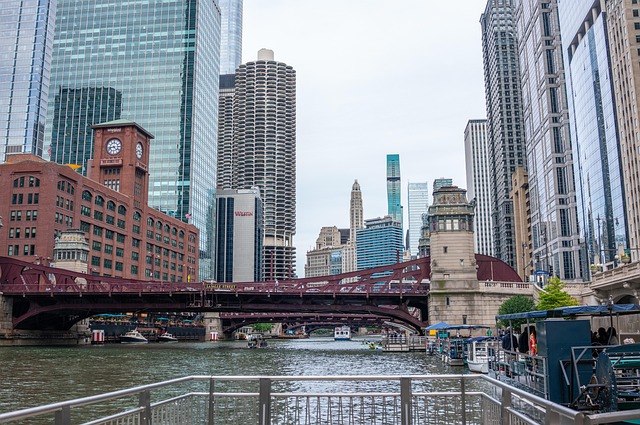
Estimating repair costs for a fire-damaged property in Chicago requires a meticulous process to ensure accuracy and fairness. When it comes to selling a fire-damaged house in Chicago, understanding this process is key. The first step involves a thorough inspection by professionals who assess the extent of the damage—from structural integrity to contents recovery. They document every aspect, taking into account not just visible damage but also potential hidden issues that may require further investigation.
This initial assessment provides the foundation for creating detailed estimates. Restoration specialists consider both replacement and repair costs, factoring in materials, labor, and any specialized equipment needed. For example, they might estimate the cost of rebuilding charred walls, replacing smoky furnishings, or restoring damaged electrical systems. In Chicago’s real estate market, accurate estimates are crucial to attract buyers, so it’s essential to work with experienced professionals who can provide transparent, detailed figures for a successful sell.
Key Factors Affecting Fire Damage Restoration Costs in Chicago Homes
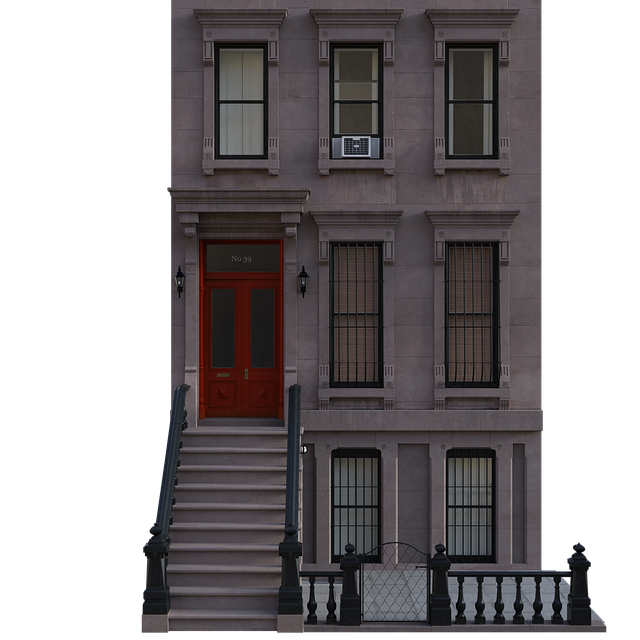
When it comes to fire damage repair estimates in Chicago homes, several key factors influence the overall cost of restoration. One of the primary considerations is the extent and severity of the fire. The larger the fire, the more extensive the damage, and consequently, the higher the restoration expenses. Timing also plays a crucial role; acting swiftly can help mitigate secondary damages like mold growth, which adds to repair costs.
The location of the fire within the property matters too. Kitchen fires, for instance, often necessitate significant repairs due to the potential for water damage during extinguishing efforts and the specialized restoration needed for smoke and soot removal. Meanwhile, structural integrity issues caused by fire can dramatically increase reconstruction prices. Additionally, Chicago’s unique climate conditions may contribute to higher restoration costs, as moisture-related problems like mold or rot can require extra treatment. Lastly, the sell fire damage house Chicago market dynamics, including labor and material costs, can also affect the final price tag for fire damage repairs in the city.
Navigating Insurance Claims for Fire Damage Reparations in Chicago

Navigating insurance claims for fire damage repairs in Chicago can be a complex process, especially for those who are unfamiliar with the system. After experiencing a fire at your home, the last thing on your mind is likely dealing with paperwork and negotiations. However, understanding your rights and the steps involved is essential to ensuring a smooth recovery process. The first step is to contact your insurance provider as soon as possible to begin the claim process. They will guide you through gathering necessary documentation, such as photographs of the damage, estimates from contractors for repair work, and any other proof of loss.
In Chicago, it’s important to know that insurance companies often have specific requirements and timeframes for submitting claims. They may also offer different types of coverage for fire damage repairs, including actual cash value or replacement cost. When comparing estimates from various contractors, make sure they align with your insurance policy’s terms. If you decide to sell your fire-damaged house in Chicago, it’s crucial to inform your real estate agent and potential buyers about the extent of the damage and the ongoing repair process. Transparency is key to ensuring a successful sale and avoiding any legal complications.
Tips for Selling a Fire-Damaged Property in Chicago: Preparing Your Home for the Market
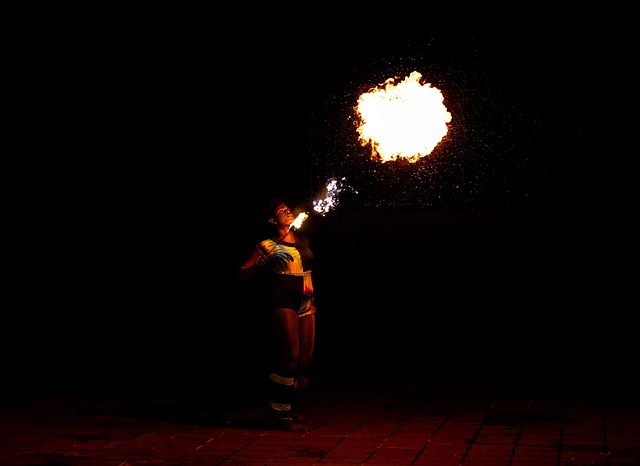
When selling a fire-damaged property in Chicago, preparing your home for the market is crucial. The first step is to conduct a thorough inspection and create a detailed repair estimate. This not only gives you an accurate understanding of the scope of work but also provides potential buyers with transparency. Engage reputable fire damage repair professionals who can provide a comprehensive breakdown of costs, ensuring all necessary repairs are accounted for.
In addition to physical repairs, focus on mitigating any negative perceptions associated with the property. Depersonalize the space and stage it to appeal to a broader range of buyers. Highlight the potential for a fresh start by emphasizing the home’s location, layout, and any unique architectural features that may have survived the fire. A well-presented fire-damaged property can still attract interested buyers, especially in competitive real estate markets like Chicago.
